Resolution #435
 |
The question of deep-sea mining. |
| Committee: Ecology & Environment | |
| Main Submitter: Finland | |
| Submitted: 14/02/2025 21:15 |
| Status |
|---|
| Passed cosubmitter sheet validation |
| Approved by approval panel |
| Selected for debate by secretariat |
| Passed by committee (Ecology & Environment) |
Committee Voting
| For: | 25 |
| Against: | 22 |
| Abstentions: | 3 |
Options
Co-submitters
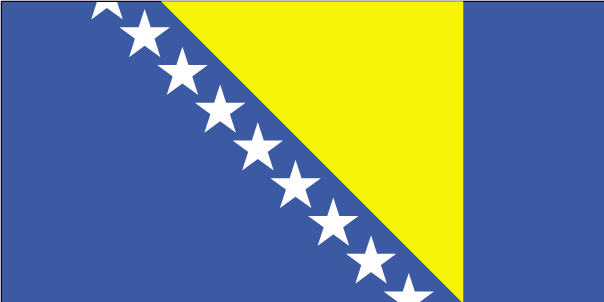 | Bahamas |
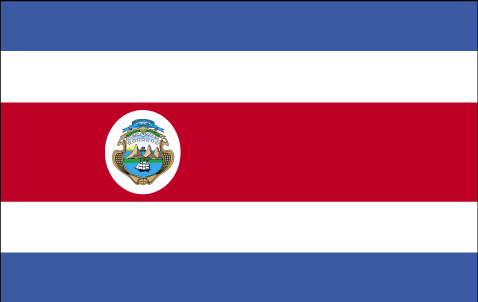 | Costa Rica |
 | Ireland |
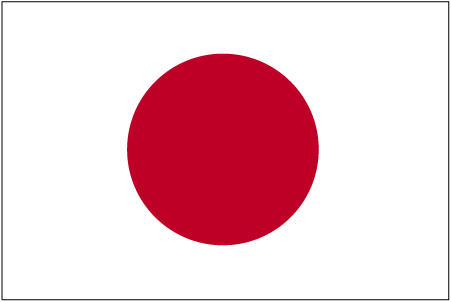 | Japan |
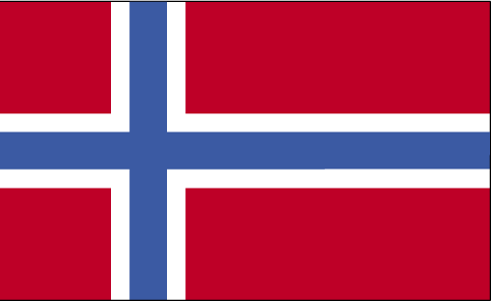 | Norway |
 | Switzerland |
 | Tonga |
 | United Kingdom |
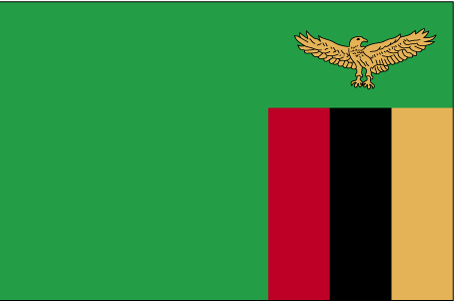 | Zambia |
Resolution
FORUM: The Ecology and Environment Committee
TQO: Deep-Sea Mining
SUBMITTED BY: Finland
CO-SUBMITTERS: Bahamas, Costa Rica, Ireland, Japan, Norway, Switzerland, Tonga
THE ECOLOGY AND ENVIRONMENT COMMITTEE,
Acknowledging the ever pressing issue of global warming, which calls upon nations to explore alternative energy sources, including the usage of polymetallic nodules containing copper, nickel and cobalt, for which procuration methods involve deep-sea mining,
Reaffirming the principles outlined in the United Nations Convention on the Law of the Sea (UNCLOS) regarding ensuring the implementation of sustainable, and environmentally friendly management of oceanic territory, with emphasis on the equitable and environmentally cognizant distribution and extraction of marine resources,
Concerned by the lack of comprehensive scientific research regarding the effects of deep-sea mining on surrounding ecosystems and diversity, particularly in regards to the potential irreversible long-term consequences,
Aware that 32 countries have voiced support for a moratorium, ban or precautionary pause on deep-sea mining,
Noting with approval that the International Seabed Authority (ISA) has declared 9 areas, as Areas of Particular Environmental Interest (APEIs) which are currently protected from all deep-sea mining activities,
1. Calls upon United Nations member states to provide and encourage international support of the currently ongoing momentum for a moratorium or precautionary pause on all deep-sea mining activities;
2. Asks that, in the absence of a moratorium, nations take a precautionary approach towards granting deep-sea mining licences, in accordance with sustainable and environmentally conscious principles, in ways which include but are not limited to:
a. implementing preliminary environmental impact assessments (EIAs) which are transparent, and evidence-based
b. promoting awareness of the potential negative repercussions of deep-sea mining
c. providing licence-specific criteria which prohibit mining in certain sensitive areas
d. adopting rigorous activity monitoring systems to mitigate licence holders’ impact
e. ensuring that licence holders, give 10% royalties of the profit from extracted minerals to non-profit organisations that preserve marine life;
3. Emphasises the need for in-depth comprehensive scientific research on the long-term impacts of deep-sea mining on the surrounding ecosystems and biodiversity, which can be developed by measures, including but not limited to:
a. an international research fund, endorsing the study of deep-sea ecosystems and the disruption caused by deep-sea mining
b. advanced underwater robotics which provide otherwise intangible information
c. the creation of platforms for sharing of data and innovations cross-nationally
d. analyzing how mining releases toxic metals (e.g., manganese, cobalt, and nickel) and their impact on marine organisms by testing water and sediment samples near potential mining sites for metal contamination and studying its effects on deep-sea species in order to prevent long-term toxicity in marine food chains;
4. Requests member states to encourage and invite any private sector organisation working on deep sea mining to support finding a solution to harmful deep sea mining activities by providing financial aid and personnel for UN and International Seabed Authority (ISA) programs such as deep sea mining site clean ups and necessary employee reinforcements;
5. Endorses the further exploration of alternative renewable energy sources and sustainable energy recycling techniques, in conjunction with member states, the United Nations Development Program (UNDP), United Nations Environment Program (UNEP), and other relevant UN bodies, to include measures such as, but not limited to:
a. attempts to recycle critical resources such as batteries, electronics and metals
b. increased investment in other sources of renewable energy such as eolic energy, hydropower and solar energy;
6. Calls for international compliance and cooperation amongst member states in regards to the establishment of stringent international regulations under the framework of the International Seabed Authority (ISA), which may include but not be limited to:
a. the ISA banning certain biodiversity hotspots from being mined such as, but not limited to:
i. hydrothermal vents
ii. seamounts and deep sea coral reefs
b. the creation of an independent monitoring agency within the ISA
c. holding mining operators accountable for environmental damage
7. Urges the International Seabed Authority (ISA) to closely oversee the implementation of all clauses of this resolution, in conjunction with the UNEP and any other relevant UN bodies, through means including but not limited to:
a. Aiding any member nations with any concerns regarding the implementation of this resolution through directly engaging with and advising member nations
b. Compiling an annual report of progress made on the resolution, to be shared with all member nations, for the purposes of, but not limited to, identifying problems and weak spots and improving them or giving them additional focus;
8. Further calls for restoration methods to regenerate ecosystems that have already been affected by deep sea mining, with methods including but not limited to:
a. Recommends the use of artificial reefs to serve as habitats for species with the aim of rebuilding ecosystems that have already been affected to ensure the regeneration of ecosystems
b. Urges the establishment of Marine protected areas near affected sites to relocate and allow marine life to recover, regenerate and colonise.